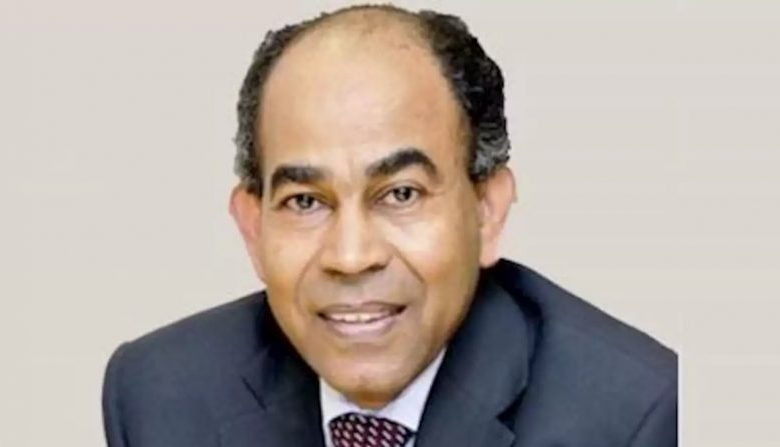Sudan… Negotiations or No Negotiations!

By Othman Mirghani
After the horrific stories of widespread violations committed by the Rapid Support Forces (RSF) before their expulsion from Al-Jazirah State, Sudanese people are now grappling with the shock of atrocities that occurred in Khartoum before its liberation—atrocities that are now widely documented and circulated through video clips.
Charred human remains found in large containers. Prisoners who died of thirst after being locked inside a schoolroom. Others found dead, their hands bound, in the bathrooms of homes where they were held captive and abandoned for an unknown period. Graves inside houses and even on streets because RSF recruits prevented people from burying the dead in cemeteries.
Prisoners freed by the army from homes and camps turned into makeshift detention centers described torture, abuse, and starvation. Some died as a result, and no one was allowed to bury them. The survivors appeared in pitiful condition—some mere skeletons—too weak to be saved, dying just days after their release.
In light of these practices and the countless stories of violations stretching from Darfur to Al-Jazirah, Khartoum, and beyond, a massive rift has formed between the RSF and the majority of the Sudanese people. A rift nearly impossible to bridge. As a result, a new reality has emerged in Sudan: a significant portion of the population views the RSF solely through the lens of its atrocities—its targeting of civilians, their homes, property, and dignity—and thus sees no possibility for coexistence.
These widespread violations have also driven a large number of men and youth to join the ranks of the popular resistance and volunteer fighters alongside the army. This shift contributed to changing the balance on the battlefield, which many now view as a defensive struggle to protect property, dignity, and even Sudan’s existence from a massive internal and external conspiracy.
Within this context, the Sudanese army—once more open to negotiations during the first 18 months of war—has adopted a hardened stance. In all speeches delivered by General Abdel Fattah al-Burhan, his deputy General Shams al-Din Kabbashi, his aide General Yasser al-Atta, and other military and Sovereign Council leaders since late last year, the message has been consistent: No negotiations, no ceasefire. If the RSF seeks a resolution, it must lay down arms and head to designated camps.
The army’s significant and rapid field advances since transitioning from defense to offense in September contributed to this shift, as did the RSF’s brutal violations, widespread destruction of infrastructure and institutions, and the resulting shift in public sentiment toward adopting a tougher stance against the RSF.
Of course, there are those who, driven by their own interests, attempt to salvage what remains of the RSF and justify its recent defeats. Some claim the RSF withdrew from Khartoum for tactical reasons, or that secret negotiations are underway between the RSF and the army to reach a deal to end the war. But these voices provide no solid evidence for their claims, nor do they offer any detailed vision of the RSF’s future role. After everything the RSF has done, can it possibly have a place in Sudan’s future? Can it be integrated into a single, professional national army—an assumed goal of the post-war phase? Would granting the RSF any future role truly end conflict in Sudan, or would it simply encourage others to replicate this disastrous experience?
The recent speeches by Burhan and Hemeti at the beginning of this week served to reinforce that no negotiations are underway, and signaled that military operations would escalate, with battles moving from Khartoum to Darfur and Kordofan—RSF’s last strongholds.
There are many indications that numerous internal actors have reached the conclusion that there is no longer any prospect for negotiations that offer the RSF a political or military role in Sudan’s next chapter. If any negotiations were to occur under current conditions, they would revolve around disarmament and demobilization. Even in such a case, General Burhan made it clear in his recent speeches that there will be no amnesty from accountability for the public crimes of destruction, killing, rape, and all the heinous acts committed against the people and the country’s vital institutions.
This stance reflects not only the position of military leadership but also the general sentiment among large sectors of the Sudanese people, who have suffered unprecedented hardship during this war. They will emerge from it with hard-earned lessons, a deeper awareness of the dangers of political compromises that recycle crises and conflict, and a firmer resolve to reject any half-baked solutions that ignore justice and accountability.
(Originally published by Asharq Al-Awsat)



